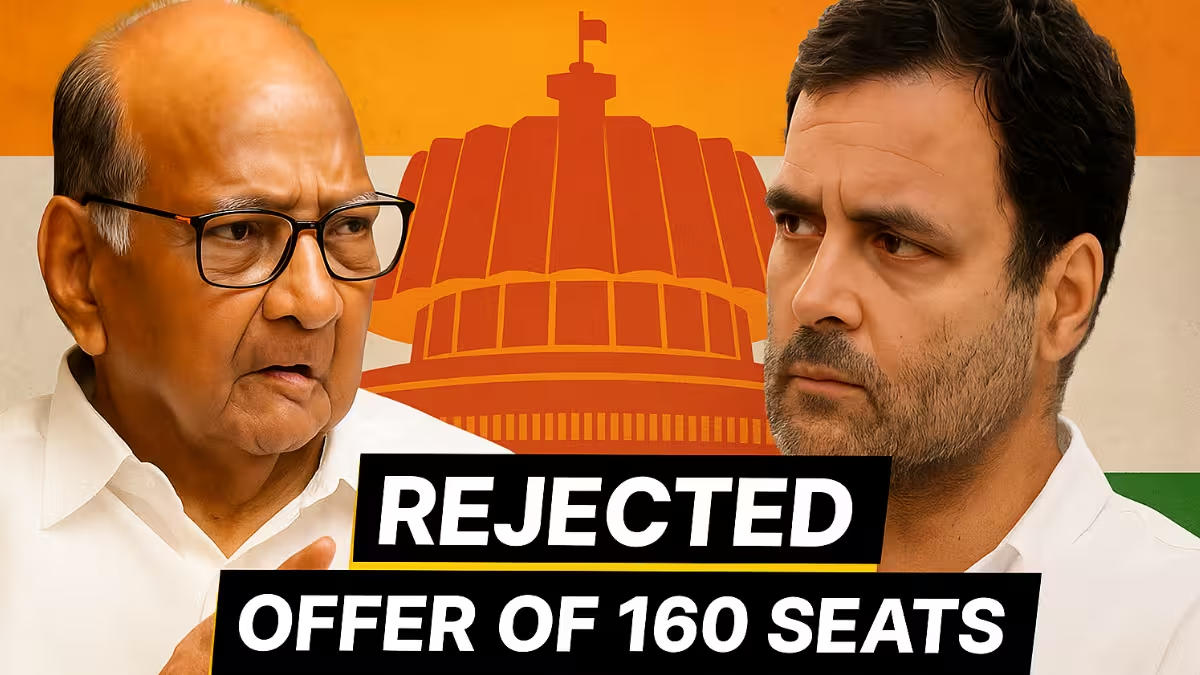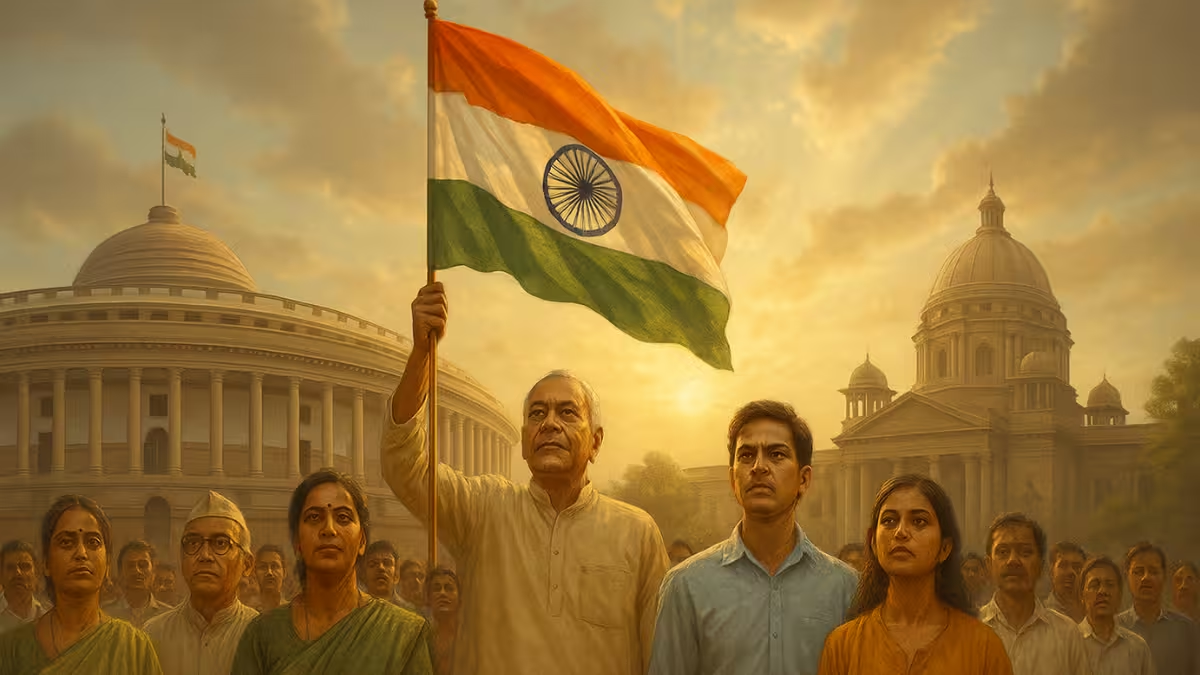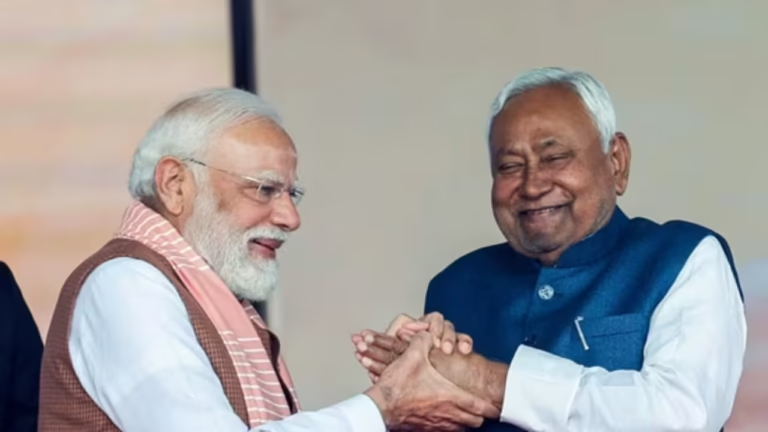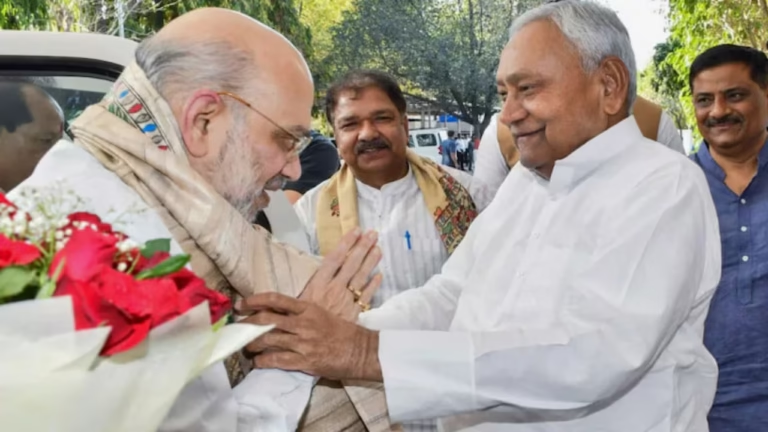
Sharad Pawar and Rahul Gandhi reject an alleged offer guaranteeing 160 Maharashtra Assembly seats before polls.
Published on: August 9, 2025 at 18:07
In a political disclosure that’s turning heads, Nationalist Congress Party (NCP) chief Sharad Pawar has revealed that, ahead of the Maharashtra Assembly elections, he and Congress leader Rahul Gandhi were offered a “guarantee” of 160 out of 288 seats. The veteran politician said both leaders declined the offer, asserting, “This is not our way.” The revelation has sparked debates about political ethics, electoral transparency, and behind-the-scenes power plays.
The Offer That Raised Eyebrows

Sharad Pawar shared the details during a recent interaction in Mumbai, recalling that two individuals in Delhi approached him before the state polls with the claim that they could ensure victory in 160 constituencies. Pawar, choosing transparency, brought the matter to Rahul Gandhi’s attention.
However, both leaders reportedly rejected the proposition outright. “We are not in politics to win by unfair means,” Pawar recalled telling the intermediaries. The statement quickly gained traction across political and media circles, raising questions about who these individuals were and what influence they claimed to have.
Also Read: Rahul Gandhi’s ‘Vote Chori’ Exposé: Over 100,000 Fake Votes, CCTV Destroyed & EC Under Scrutiny
Political Reactions and Counterpoints
The claim didn’t go unanswered. Maharashtra Deputy Chief Minister Devendra Fadnavis dismissed it outright, calling it either a work of fiction or a deliberate political strategy. “Elections in Maharashtra are conducted in a transparent and democratic way,” Fadnavis insisted, pointing to the robustness of the Election Commission’s processes.
This back-and-forth highlights a growing political narrative where integrity and credibility are as much a battleground as vote counts. It also underlines the public appetite for inside stories about political negotiations.
This Matters for Democracy

In an era when trust in democratic institutions is often questioned, the rejection of such an offer—if true—carries symbolic weight. By refusing a “guaranteed” majority, both Sharad Pawar and Rahul Gandhi present themselves as leaders committed to ethical politics over shortcuts to power.
From an EEAT (Expertise, Experience, Authoritativeness, Trustworthiness) perspective:
-
Expertise: Pawar’s decades in politics make his words noteworthy.
-
Authoritativeness: Citing multiple political figures strengthens credibility.
-
Trustworthiness: Presenting both the claim and the rebuttal ensures balanced coverage.
-
Experience: The account comes directly from someone deeply embedded in electoral politics.
Whether seen as a political truth bomb or strategic storytelling, this revelation has reignited discussions about political ethics in India. As Maharashtra heads into another heated electoral cycle, such statements ensure that the conversation is about more than just numbers—it’s about values and the future of democracy itself.






